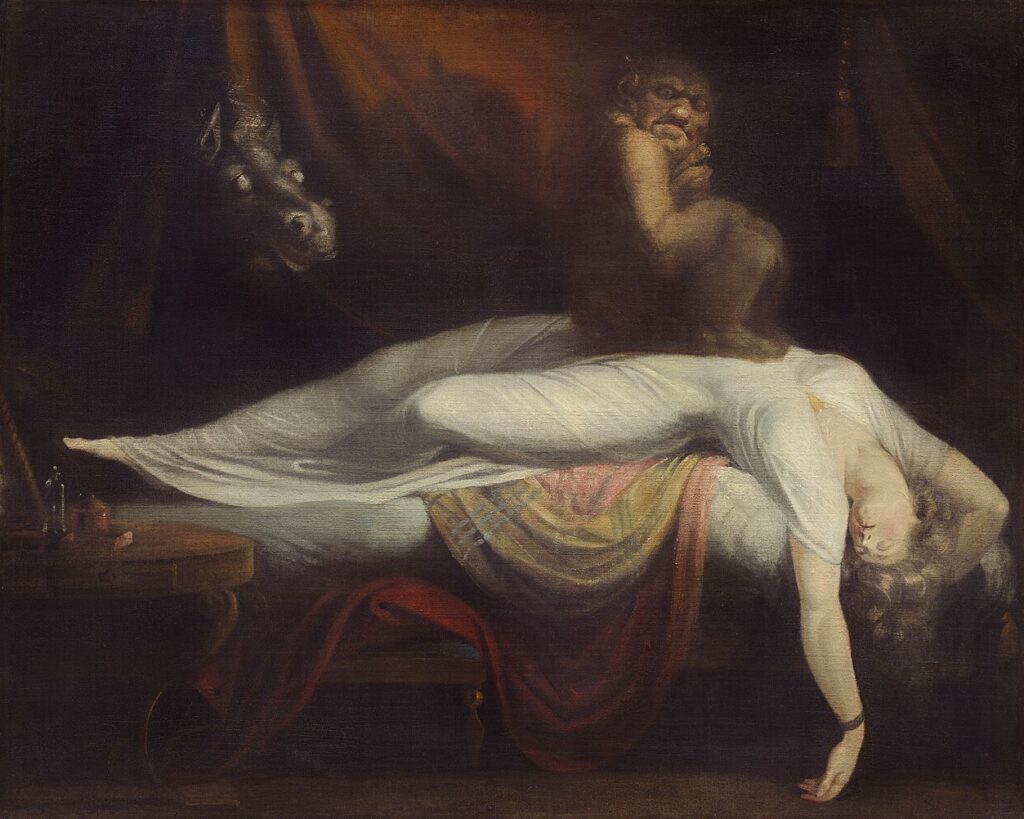Mark Twain? Punch magazine? James T. Fields? William P. Clyde? Walt Mason? Anonymous?

Question for Quote Investigator: Apparently, an effusive admirer of Mark Twain once proclaimed that the famous humorist deserved membership in the pantheon of major writers. Twain’s comical response highlighted his mortality:
I was sorry to have my name mentioned as one of the great authors, because they have a sad habit of dying off. Chaucer is dead, Spencer is dead, so is Milton, so is Shakespeare, and I am not feeling very well myself.
I do not think Mark Twain originated this joke template. A family of similar jokes appeared before Twain received credit. Would you please explore this topic?
Reply from Quote Investigator: There is substantive evidence that Mark Twain employed this type of quip during the 1890s; however, the first recorded instances in this family occurred in the 1870s, and Twain did not receive credit. Here is an overview showing selected examples together with dates and attributions:
1874 Feb 18: Our greatest men are fast departing—first Calhoun, then Clay, and now Webster—and I don’t feel very well myself. (Attributed to an unnamed rural politician)
1874 May 14: Our great men are fast departing—first Greeley, then Chase, and now Sumner—and I don’t feel very well myself. (Attributed to an unnamed member of a Boston school committee)
1874 Jun 17: Our great men are fast departing. First Stanton, then Chase, then Seward, and now Sumner—and I don’t feel very well myself. (Attributed to an unnamed member of a New York literary club)
1883 Mar 10: It is very sad, indeed, to think on the number of the world’s greatest men who have lately been called to their last account. And the fact is I don’t feel very well myself. (Attributed to an unnamed Scotchman)
1884 May 10: The great men are all dead. Washington is dead; Jefferson is dead, and so are Jackson and Clay and Webster, all gone, and—ahem! I don’t feel well myself. (Attributed to an unnamed member of a town council)
1886 Aug 14: POOR McSTAGGER DEID! Er’s VERA SAD TO THENK O’ THE GREAT NUMBER O’ DESTENGWESHED MEN THAT’S LATELY BEEN TA’EN! ’DEED—I NO FEEL VERA WEEL—MYSEL! (Ascribed to the character Kirk Elder)
1892 Feb 27: Homer is dead; Virgil is dead; Shakespeare is dead; and I am not very well. (Attributed by Clare Read to Mark Twain)
1893 May 6: NEARLY ALL OUR BEST MEN ARE DEAD! CARLYLE, TENNYSON, BROWNING, GEORGE ELIOT! — I’M NOT FEELING VERY WELL MYSELF! (Ascribed to the character Little Simpkins)
1894: Homer is dead, Shakespeare and Milton are no more, and I—I don’t feel very well myself. (Attributed by Alfred H. Miles to Mark Twain)
1898: Hawthorne’s dead, Longfellow is dead, Lowell is in wretched health, and I don’t feel very well myself. (Attributed by Chauncey Depew to James T. Fields)
1899 Jun 9: Chaucer is dead, Spencer is dead, so is Milton, so is Shakespeare, and I am not feeling very well myself. (Attributed to Mark Twain)
1900 Jul 1: All the great men are dead, and I don’t feel very well myself. (Attributed to Mark Twain)
1907 Jan 30: I regret particularly that great orators are no longer available. Demosthenes is dead, Cicero is dead, and I am not feeling very well myself. (William P. Clyde)
1922 Jan 24: The Pope is dead; and Viscount Bryce is dead, and I’m not feeling very darn good myself. (Attributed to Dan Worden)
1923 Mar 17: Ah me, those grand old times are sped, and all the saints but me are dead, and I am far from well. (Walt Mason)
1935: Julius Caesar is dead, Shakespeare is dead, Napoleon is dead, Abraham Lincoln is dead, and I am far from well myself. (Attributed by Cyril Clemens to Mark Twain in the period of 1866)
1963 Apr 17: Shakespeare is dead and gone. Milton has been gathered unto his fathers. Tennyson is no longer with us, and, ladies and gentlemen, I am not feeling very well myself. (Attributed to Mark Twain)
Below are details for selected citations in chronological order.
Continue reading “Quip Origin: Chaucer Is Dead, Spencer Is Dead, So Is Milton, So Is Shakespeare, and I Am Not Feeling Very Well Myself”







